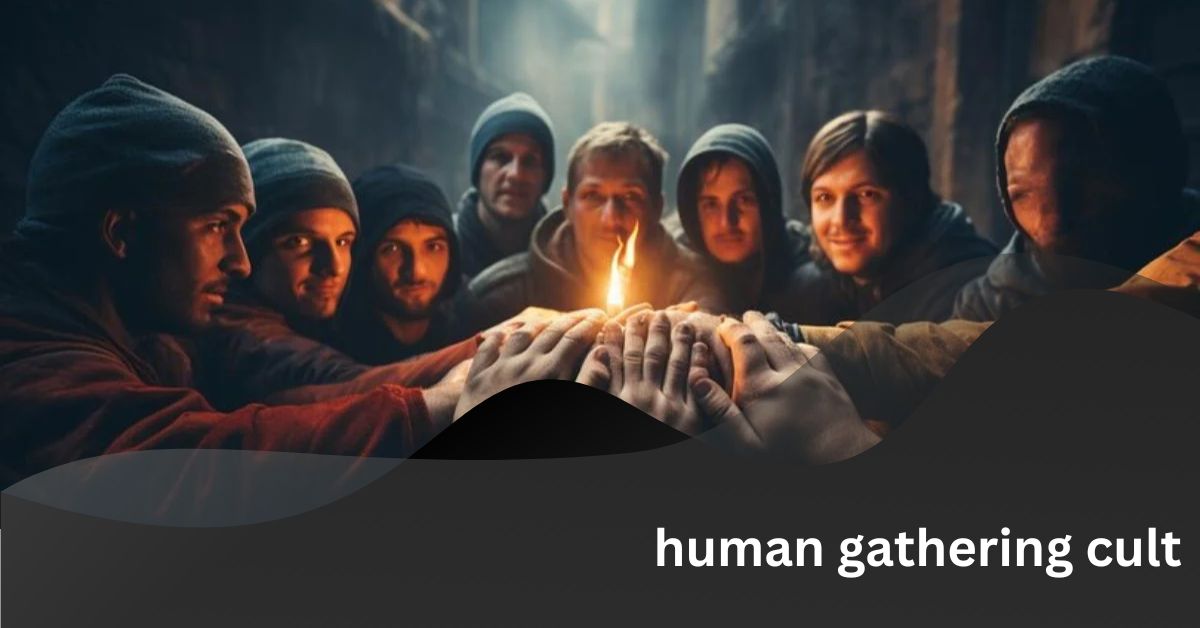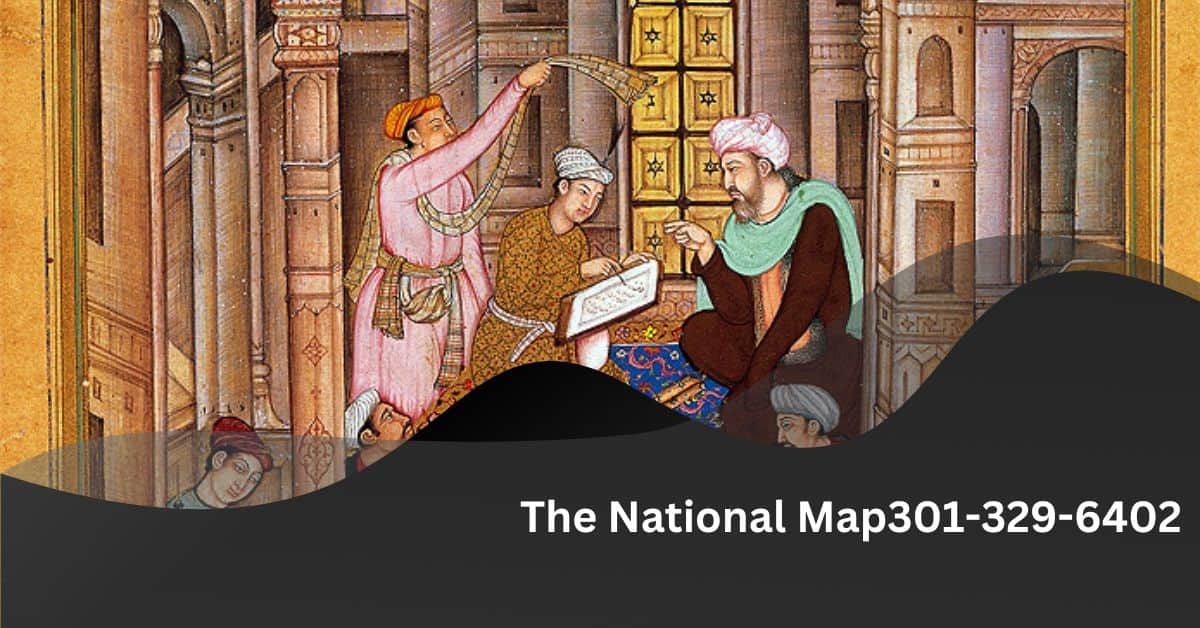In today’s diverse and interconnected world, various social and religious groups have garnered attention under the broad term “cult.” However, the concept of a “human gathering cult” presents a unique and compelling facet of this phenomenon. Unlike traditional cults that might focus on specific religious doctrines or charismatic leaders, human gathering cults emphasize the communal and social interactions among their members. This article explores the origins, characteristics, and societal impacts of human gathering cults, shedding light on their distinctiveness compared to other cultic groups.
What Are Human Gathering Cults?
Defining Human Gathering Cults
Human gathering cults are social groups that prioritize the collective experience of their members, often forming tight-knit communities based on shared interests, values, or goals. These cults are less about rigid ideologies and more about fostering a sense of belonging and shared purpose among participants. The focus is on social interaction, collective activities, and the emotional bonds formed within the group.
Key Characteristics of Human Gathering Cults
- Community Focus: Central to human gathering cults is the creation of a strong communal atmosphere. Members often engage in regular meetings, social events, and group activities that strengthen their bonds.
- Shared Values: While not necessarily ideological, these groups often revolve around shared values or interests that unify members and create a sense of purpose.
- Inclusivity: Human gathering cults tend to be inclusive, welcoming new members who align with their values and are willing to participate in communal activities.
Historical Background and Development
Origins of Human Gathering Cults
The origins of human gathering cults can be traced back to various social and cultural movements throughout history. From ancient communal societies to modern social clubs, the desire for belonging and collective experience has always been a part of human nature. In contemporary times, these groups often form around common interests such as hobbies, social causes, or lifestyle choices.
Evolution Over Time
As society has evolved, so have human gathering cults. The advent of digital communication has transformed the way these groups operate, allowing for virtual gatherings and online communities. This evolution has made it easier for people to connect and form communities based on shared interests, regardless of geographical location.
Psychological and Sociological Aspects
The Psychology of Belonging
Human gathering cults play on the fundamental human need for connection and belonging. Members often seek these groups to fill emotional voids, find like-minded individuals, or escape from societal pressures. The communal activities and shared experiences help to reinforce a sense of identity and belonging among members.
Social Dynamics and Group Behavior
The dynamics within human gathering cults are influenced by various psychological factors, including group cohesion, social reinforcement, and collective identity. These factors contribute to the formation of strong interpersonal bonds and a shared sense of purpose, which can significantly impact members’ social behavior and personal development.
Comparing Human Gathering Cults to Traditional Cults
Key Differences
- Ideological Focus: Traditional cults often center around specific religious or ideological beliefs, while human gathering cults focus more on social and communal aspects.
- Leadership Structures: Traditional cults may have a hierarchical structure with a charismatic leader, whereas human gathering cults typically operate with more egalitarian or decentralized leadership.
- Member Engagement: Human gathering cults emphasize social interaction and collective activities, in contrast to the more doctrinal or ritualistic practices found in traditional cults.
Impact on Members and Society
Human gathering cults can have a positive impact by fostering a sense of community and support among their members. They provide opportunities for social interaction and personal growth, which can enhance overall well-being. However, like any group, they can also have negative effects if they become overly insular or exclusionary.
The Role of Technology and Modern Culture
Digital Communities and Human Gathering Cults
The rise of social media and online platforms has expanded the reach and influence of human gathering cults. Virtual communities allow members to connect, share experiences, and organize events more easily. This digital transformation has made it possible for human gathering cults to thrive in the online space, reaching a global audience and creating new forms of social interaction.
Cultural Influences
Modern culture, with its emphasis on connectivity and shared experiences, has contributed to the proliferation of human gathering cults. Popular media, social trends, and cultural movements often reflect and amplify the values that these groups promote, further integrating them into the fabric of contemporary society.
conclusion:
Human gathering cults represent a fascinating aspect of modern social dynamics, blending the need for community with the desire for shared experiences. Unlike traditional cults, which may focus on specific ideologies or charismatic leadership, these groups emphasize collective interaction and belonging. Understanding the psychological and sociological factors behind human gathering cults helps us appreciate their role in contemporary culture and their impact on individuals and society.
faqs:
What motivates people to join human gathering cults?
People often join human gathering cults seeking a sense of belonging and community. These groups provide emotional support and shared experiences that help individuals connect with like-minded people.
Are human gathering cults considered harmful?
Generally, human gathering cults are not harmful if they promote positive social interaction and inclusivity. However, they can become problematic if they enforce exclusivity or limit members’ personal freedoms.
How do human gathering cults maintain their appeal?
They maintain their appeal by fostering a strong sense of community and providing engaging activities. The shared values and frequent interactions create a cohesive and supportive environment for members.
What are some signs of a problematic human gathering cult?
Signs include increased insularity, pressure to conform, and discouraging outside relationships. These behaviors can indicate that the group is becoming overly controlling or exclusionary.
How has social media affected human gathering cults?
Social media has expanded the reach of human gathering cults, allowing them to connect with a global audience. It facilitates virtual interactions and the organization of events, enhancing the group’s cohesion.
Can joining a human gathering cult impact personal relationships?
Yes, it can impact personal relationships if the group becomes a primary focus, leading to potential isolation from non-member friends and family. Balance is crucial to maintaining healthy external relationships.
What role do leaders play in human gathering cults?
Leaders in human gathering cults typically facilitate group activities and foster a sense of unity. Unlike traditional cults, leadership is often less hierarchical, focusing more on guiding group dynamics than controlling members.
How do human gathering cults differ from online communities?
While both form around shared interests, human gathering cults emphasize in-person interactions and social bonds. Online communities may lack the same level of face-to-face engagement and personal connection.
Are there any benefits to being part of a human gathering cult?
Benefits include enhanced social support, a sense of belonging, and opportunities for personal growth. Members often gain emotional fulfillment and meaningful connections through active participation.
What should someone do if they feel a human gathering cult is becoming unhealthy?
They should evaluate the group’s practices and consider whether it aligns with their values and personal well-being. Seeking advice from trusted friends or professionals can provide guidance on addressing any concerns.


